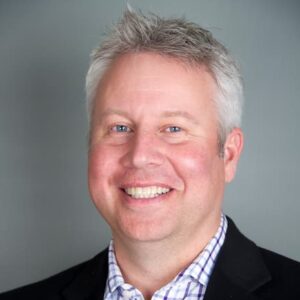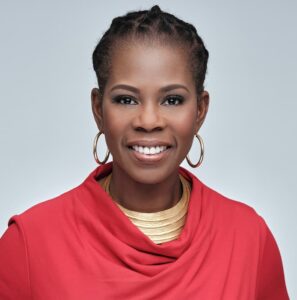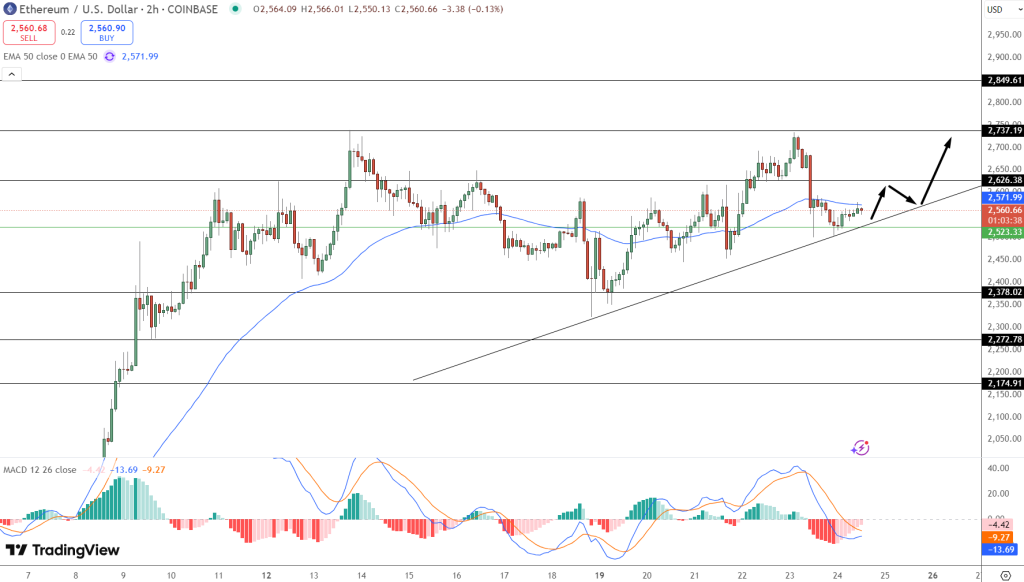The National Academy of Human Resources this week announced two new inductees to its fellowship program, considered the most prestigious recognition of HR career excellence: Jacqueline Welch, executive vice president and CHRO of the New York Times, and Christopher Collins, professor and director of graduate studies at the School of Industrial and Labor Relations at Cornell University.
Daniel Marsili, president of NAHR, told HRE that both Welch and Collins “have demonstrated dedication to the field of human resources, have had enormous impact in their leadership roles and in supporting the elevation of the human resource profession.”
NAHR honored the pair during a gala in New York City Nov. 9.
“We are all so delighted for them to work with us to support our programs and initiatives that enhance the human resources profession,” Marsili says.
Collins tells HRE that the nature of the honor—previous Fellows nominate and select each year’s incoming class—makes it especially meaningful.
“It was super-gratifying that an organization like NAHR—with so many great Fellows, such an amazing group of people—recognized me for the contributions I’ve made,” Collins says.
Welch says the news of her induction was delivered by 2021 Fellow Ellyn Shook, chief leadership and human resources officer at Accenture, whom she says she considers a friend and mentor.
“To have [the news] delivered by her—and more broadly that this is an acknowledgment from my peers, many of whom I’ve known about for a long time but haven’t gotten to meet until now—is both surreal and humbling,” Welch says. “And surprising and just worthy of all of the emotions.”
In the world of academia—which Collins has called home for 25 years—recognition like that by NAHR can be hard to come by, he notes, with negative student feedback and paper rejections common.
“There aren’t a lot of moments where people remind you that the work you have done has had an impact,” Collins says.

While research has been a primary focus throughout Collins’ career, he has been sharing that knowledge with incoming HR professionals for more than two decades as a professor of business strategy and HR—first at the University of Maryland and since 2000 at Cornell. He has served as the director of graduate studies at Cornell’s ILR School since 2019 and spent more than a decade as the director of the Center for Advanced HR Studies.
From his vantage point in academia, Collins says, he’s been able to both study and teach the evolutions HR has gone through in the past few decades, particularly as its role as a strategic partner has grown. In the last five to seven years, he estimates, his own view of HR’s value has shifted as the industry recognizes the impact of employee experience.
“The last few years have kind of reinvigorated my focus on the employee and employee experience,” he says. “As a function, we got a little too tilted in one direction—always thinking about the business side of it—and I think we lost our way a bit. Now, we’re looking more at the experience: how to design HR practices and tools in a way that starts with the employee first.”
That’s a critical movement, given what Collins says he’s learned about the generations coming into the workforce from his students. In particular, they “want more” from their employers, he says.
“They want their organizations to have a strong voice and lead on critical issues—both tied to the organization and also on bigger social issues, which I don’t think was true in previous generations,” Collins says. “And that’s pushed my thinking a lot—how much the younger generation wants organizations to speak up.”
Their expectations around how workplaces should be structured also reflect ongoing shifts in HR: His students largely demonstrate comfort with distributed and remote work but still crave human connection—pointing to new leadership models focused on coaching and mentoring, versus directing.
It is insights like these, Collins says, he intends to share within the NAHR circles, along with the lessons gleaned from his research work each year with nearly 60 companies.
“I want to bring that lens of hearing not just from a single company perspective but across industries and geographies about the key issues C leaders are facing and the key capabilities that differentiate great leaders from good leaders,” he says.
Jacqueline Welch
For her part, Welch brings to NAHR more than two decades of HR leadership, including at Turner Broadcasting System and Freddie Mac, where she led HR and diversity efforts until taking the helm of the Times’ HR function at the start of 2021.
Welch assumed the role in “arguably, one of the most divisible political environments this country has seen in a long time,” she says, as well as amid the COVID-19 pandemic and murder of George Floyd.

It’s a team that she says started out as “small but mighty” and that she has intentionally built out in the last few years with a focus on elevating the HR function into a more strategic role. While the Times is 175 years old, she notes, HR is newer to the organization—and her mandate has been to “go beyond the transactional” and help infuse forward-thinking people strategy into the overarching business objectives.
To that aim, Welch says, she is prioritizing navigating the inherent culture challenges at an institution like the Times—which has a deep-rooted “journalistic” culture alongside the evolving culture of the organization’s increasingly complex other business lines. At the same time, her HR team is strategizing for the many common obstacles modern HR leaders are facing, including meeting new employee expectations for flexibility, tending to the employee mental health crisis and ensuring the workplace is designed for the multi-generational workforce.
She says she is eager to work with fellow leaders within NAHR to share best practices on these and other challenges and is particularly excited to impart this knowledge to tomorrow’s HR executives.
“One of the things really capturing my imagination [about the NAHR fellowship] is being involved in a very practical, tactical way in bringing up the next generation of HR professionals,” Welch says, noting the collaboration among HR veterans within NAHR will be critical to developing the next generation. “If you want to go fast, go alone; if you want to go far, go together.”
Credit: Source link










